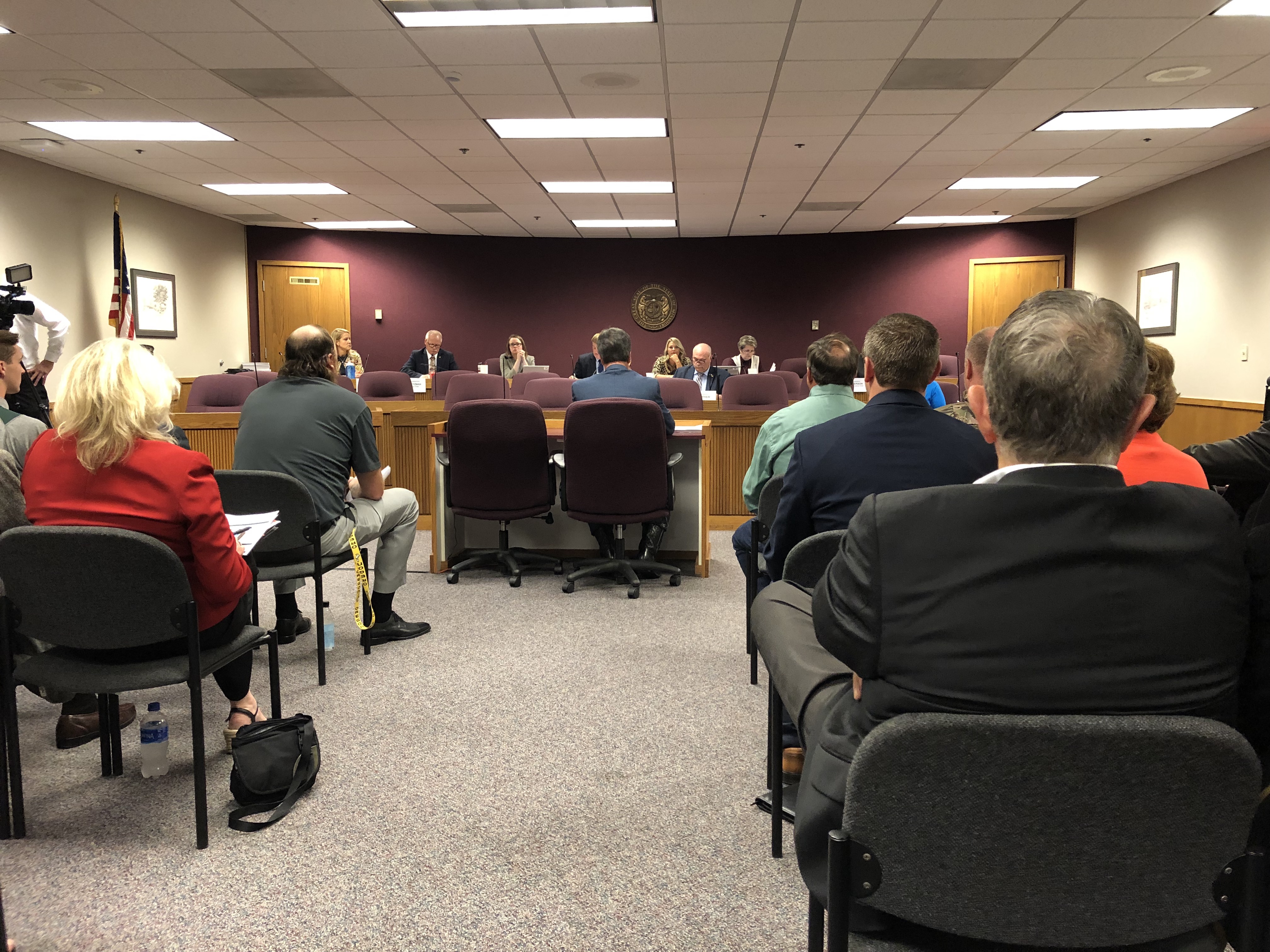JEFFERSON CITY, Mo. — The Missouri Department of Conservation became the focal point of a House hearing on whether the sales tax funding the agency should really be “in perpetuity.”
One recurring inquiry lawmakers asked was: “What is the harm in asking voters?”
And over the course of 2 hours, opponents of the proposal reiterated the good the department does for the state and citizens.
At issue is Rep. Mike Moon’s HJR 18, which, upon voter approval, would require the conservation sales and use tax of 0.125 percent be renewed by the electorate every six years. This is the fourth year he has filed the bill but the first it has received a hearing.
“It is not my purpose to bash [the Department of Conservation],” said Moon. “Taxpayers have contacted me to express their desire to revisit the tax. And since I am a representative of the people, it is my responsibility to be their voice.”
The Department of Conservation receives zero funding through general revenue and makes up less than one percent of the overall state budget. In the current fiscal year, about 61 percent of the department’s funds are generated by the conservation tax with the rest of the funding coming from permit revenues, federal reimbursements, and other sources. The tax brought in $105 million in FY 2018 and is projected to bring in roughly $120 million for FY 2019.
The Missouri Conservation Sales Tax has been in place since July 1, 1977. It was established by vote in November 1976, after being placed on the ballot by citizen petition. The conservation sales tax has not been revisited since it was implemented.
“We recommend this be the same way [as the parks and soil tax], to where the accountability and transparency is present,” said Mike Deering with the Missouri Cattlemen’s Association.
Deering and Eric Bohl, with the Missouri Farm Bureau, noted they are supporting the issue going to the voters — not because they are against the department, but because they believe it will improve answerability.
Multiple folks, those testifying in support and a few members on the committee, likened the conservation tax with the parks and soil tax, which is renewed every 10 years.
But opponents to the proposal disagreed with the likeness of the two taxes.
One witness pointed out that one funds a specific project while the other funds an entire department. Rep. Maria Chappelle-Nadal noted there are other taxes, such as the gas tax, that are not renewed by voters.
But the main focus of those testifying against HJR 18 was the good the department does around the state and how it helps citizens.
“I’m hoping that, that members of the committee heard from the vast majority of those in attendance that they don’t want anything to change about how the department is funded, how conservation is funded here in the state,” said Sara Parker Pauley, director of the Department of Conservation.

Alisha Shurr was a reporter for The Missouri Times and The Missouri Times Magazine. She joined The Missouri Times in January 2018 after working as a copy editor for her hometown newspaper in Southern Oregon. Alisha is a graduate of Kansas State University.









